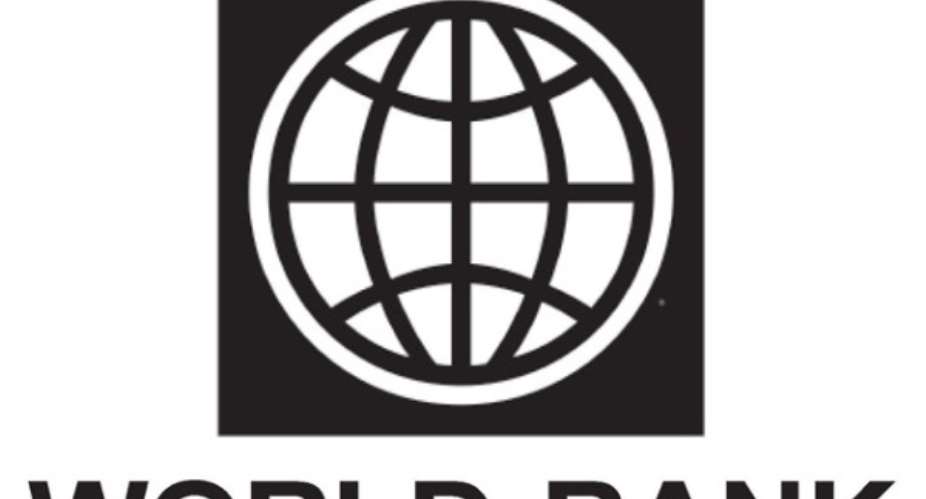The World Bank has disclosed that the crisis of learning has the potential of undermining poverty reduction and sustainable growth as the global community marks "End Poverty Day".
The World Bank Acting Country Manager, Dr. Beatrix Allah-Mensah, stated that the Human Capital Index (HCI) scores across countries is 0.56. This implies that a child born today will be only fifty- six percent productive by age 18 as opposed to the benchmark set for a child with complete education and full health. "As a major contributor to human capital deficits, the learning crisis undermines sustainable growth and poverty reduction", she said.
Her comments come as Ghana joined the world yesterday to mark "End Poverty Day" at the World Bank Head Office in Greater Accra. The 2019 theme for End Poverty Day is "Ending Learning Poverty: What will it take?
Dr. Allah-Mensah believes that the relevance of human capital in sustainable growth cannot be overestimated and that human capital contributes to 60 percent of the wealth in high-income Organizations for Economic Co-operation and Development countries. She attributed the deficit in human capital to a learning crisis emanating from shortcomings in quality and quantity of schooling. "Poor education outcomes thus have major costs for future prosperity", she reiterated.
The World Bank Country Manager outlined three key solutions to combat the human capital deficit namely; a refreshed education approach, a literacy policy and an ambitious measurement and research agenda.
On her part, Deputy Education Minister, Gifty Twum- Ampofo, revealed that Ghana ranks 116 out of 154 countries on the human capital index. She mentioned that Ghana has joined the Human Capital Project instituted by the World Bank last year to build political commitment for accelerating investment in people in the health and educational sectors.
She emphasised the need for a collective effort from parents, policymakers, teachers and students to help close the learning gap.
Ending her speech, she called for action to redouble efforts in countries and areas within countries where extreme learning poverty is entrenched and the pace of 'Ending Learning Poverty' is at risk of decelerating.





 2024 election will be decided on the grounds of the economy; choice of running m...
2024 election will be decided on the grounds of the economy; choice of running m...
 Dumsor: We're demanding less; just give us a timetable — Kwesi Pratt to ECG
Dumsor: We're demanding less; just give us a timetable — Kwesi Pratt to ECG
 Do I have to apologise for doing my security work, I won’t – Simon Osei-Mensah r...
Do I have to apologise for doing my security work, I won’t – Simon Osei-Mensah r...
 Prestea and Bogoso mines: Complete payment of outstanding salaries not later tha...
Prestea and Bogoso mines: Complete payment of outstanding salaries not later tha...
 NDC postpones Prof. Opoku-Agyemang entry tour to May
NDC postpones Prof. Opoku-Agyemang entry tour to May
 All my businesses have collapsed under Akufo-Addo — NDC Central regional chair
All my businesses have collapsed under Akufo-Addo — NDC Central regional chair
 Military, Prison Officers clash in Bawku, three injured
Military, Prison Officers clash in Bawku, three injured
 GRA-SML contract: MFWA files RTI request demanding KPMG report
GRA-SML contract: MFWA files RTI request demanding KPMG report
 Court threatens to call second accused to testify if NDC's Ofosu Ampofo fails to...
Court threatens to call second accused to testify if NDC's Ofosu Ampofo fails to...
 Family accuses hospital of medical negligence, extortion in death of 17-year-old...
Family accuses hospital of medical negligence, extortion in death of 17-year-old...
